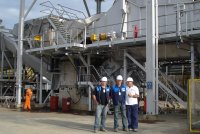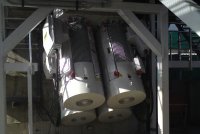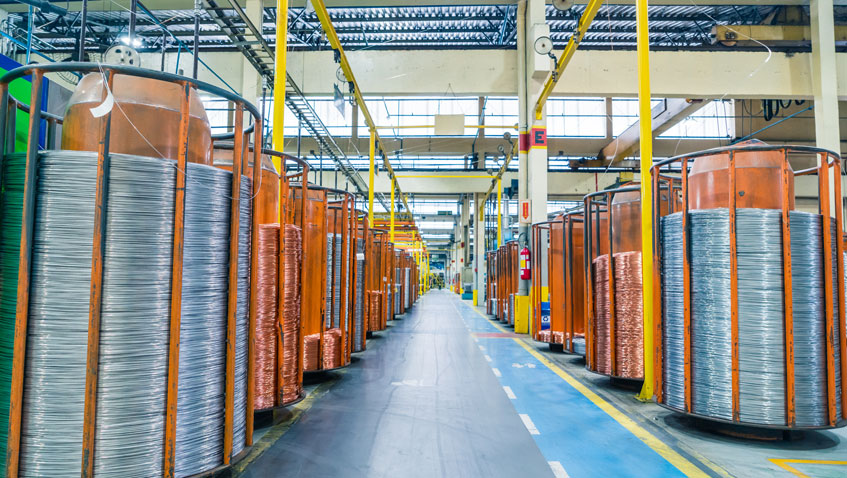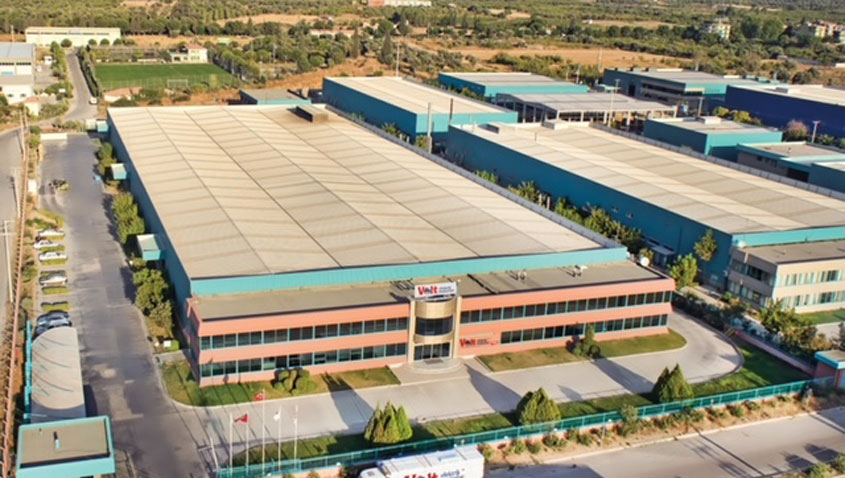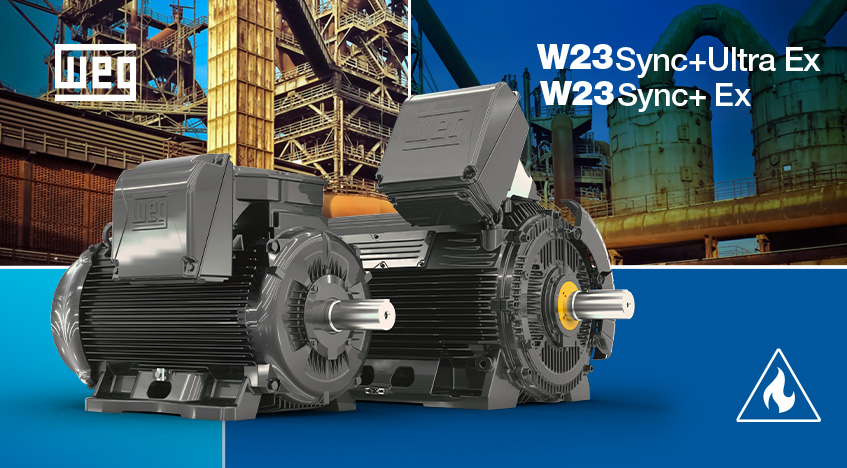With 220 companies in the country and an area of 2 million hectares planted for industrial purposes, Brazil produces today 12.7 thousand tons of cellulose a year and stands as the fourth producer worldwide behind only the US, China and Canada. And it wants to go further. Reports from Bracelpa - Associação Brasileira de Cellulose e Papel (Brazilian Association of Paper and Cellulose) show that in the last 10 years investments in the sector have summed up US$ 12 bn and are likely to increase.
To reach these results, the sector places its bets on technology and innovation. An example is Veracel Cellulose, an integrated agro-industrial project which covers all the production phases of cellulose – from the planting to the delivery of the end product. In June of 2009, the company, headquartered in Eunápolis in the state of Bahia, started up the wood chipper of line 3, the largest in operation in the world with capacity to process 400 cubic meters of wood per hour.
Supplied by Andritz, world leader in systems and services for paper and cellulose industries, among others, the Horizontal Wood Chipper HHQ™ has four WEG medium voltage motors (400 kW, 4 poles) operating in heavy duty to assure the supply of wood chips for the production of cellulose and to generate biomass which is used as source of energy. To enhance reliability, WEG created a systematic Commissioning and Start Up via Smart phone. This way, besides the field professional having immediate access to all the information he needs, the field data is automatically transmitted to WEG and this means more speed in finding the solution of eventual problems.
With the beginning of operation of the line, practically all the motors used in the productive process at Veracel are WEG – one of the decisive factors at the time of choosing the supplier for the equipment. The installation of the new line of wood chippers eliminated a bottleneck in the production of wood chips for cellulose and provided environmental and economic gains for the company with the generation of surplus energy. Besides this, it allowed operational availability to the other two lines which is important for maintenance.
At the beginning of the process
The wood chipper is the beginning of the productive process of cellulose. That’s where the trunks of the Eucalyptus and Pine trees, already descascados/shred, are transformed into wood chips of several sizes. That is, the whole trunk goes inside the equipment and comes out chipped. There is a high demand for very powerful motors during this stage. Each of the four WEG motors of the Veracel wood chipper have 400 kW – around a total 2,200 HP. An economy car, for example, has a motor of around 70 HP.
The wood chip is taken to the digester where it is cooked with chemical products at a high temperature and pressure. The result is cellulose pulp which then follows to the washers and is separated from the dark liquor. At this stage, the pulp, which is brown, may or may not be bleached. It depends on what it’ll be used for. Then, it is dried and separated into bales and ready to go to the paper machine – in the industry where it was extracted or in another.
The Pine tree with long fibers is used to make more resistant papers such as those used for making packages. On the other hand, the Eucalyptus with shorter fibers is used to make disposable papers or paper for writing, for example.
Present throughout the process
WEG offers solutions for all the processes of the paper and cellulose industry. This includes from transformers, motors, generators, driving and command products (contactors, circuit breakers, switches, relays etc), drives (frequency inverters, soft-starters, servo drives etc), electrical panels and automation, to the line of coats to paint equipment, tanks and metallic structures.
Besides that, WEG offers solutions for independent power generation from biomass, in this case, wood. All this allows the supply of integrated electrical solutions and Turn-Key packages which include, besides WEG products and services, the drawing, the electromechanical installation materials in field and the installation service in itself. The wide network of distributors and regional servicing centers provides the needs for parts and spares and offers technical support for the products supplied.
